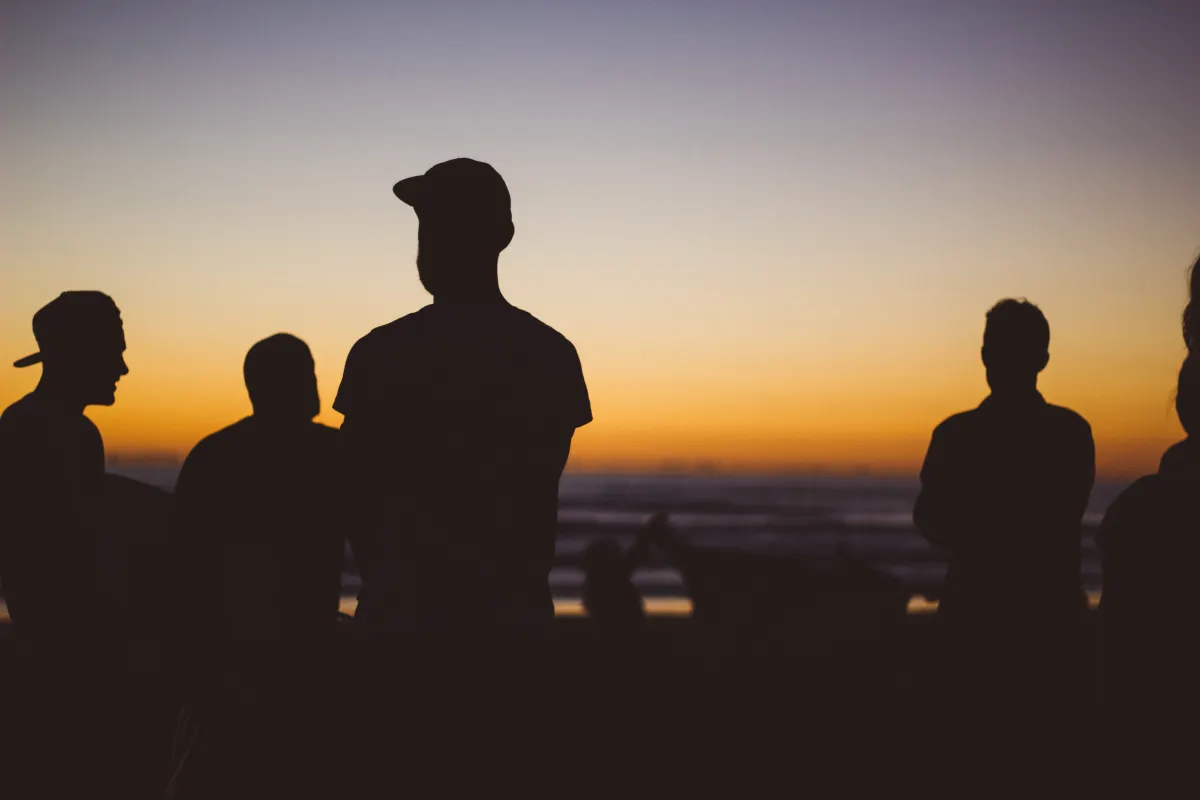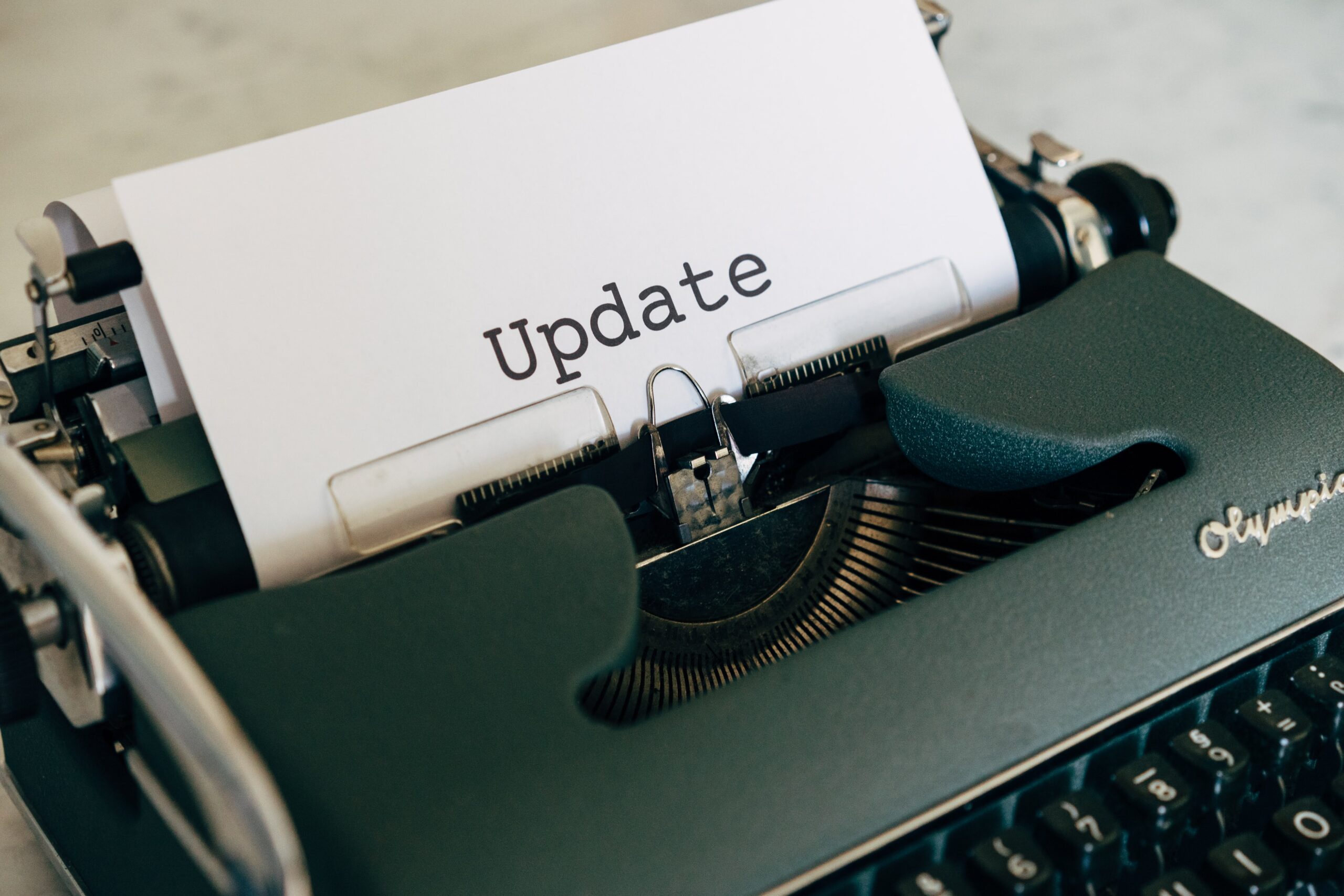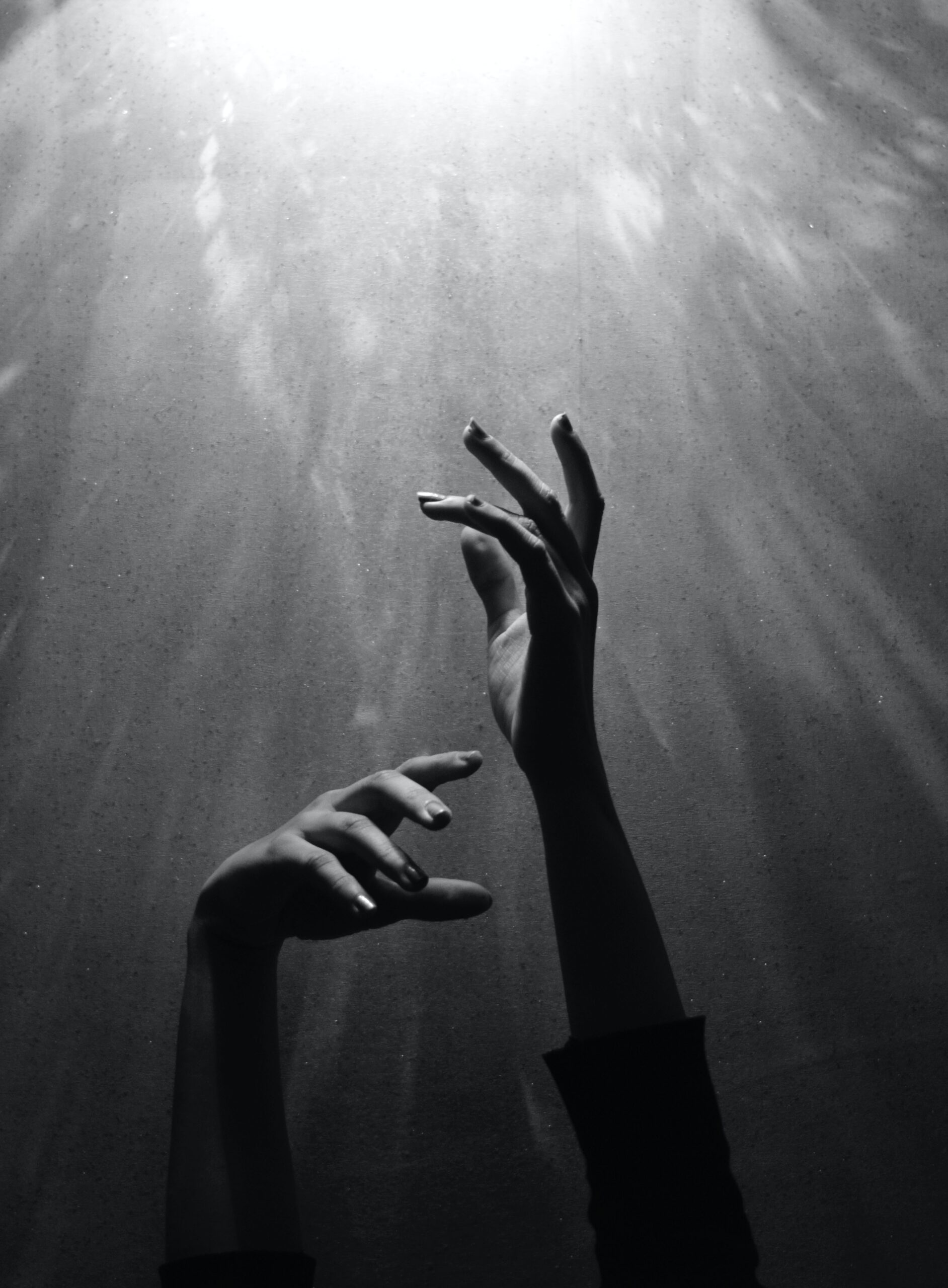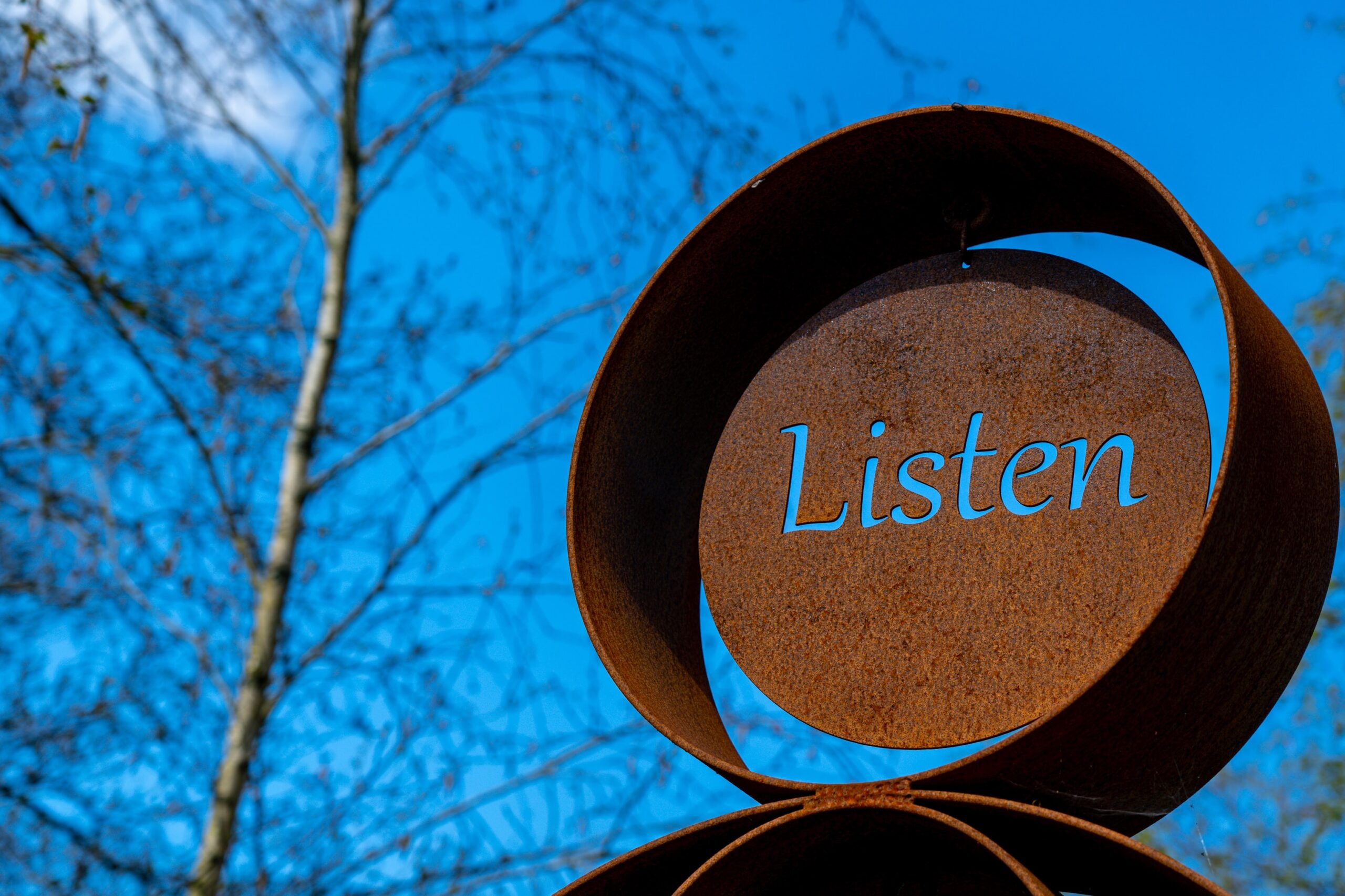Male adoptees living in the UK, and perhaps living with mental health issues, often put a brave face on things to stay strong and not show the cracks in our minds on the outside. We drink with the lads, we put up shelves, we are the strong ones, and we are the ones people lean on for support, we are not about to start asking for support ourselves for god’s sake, right?!





